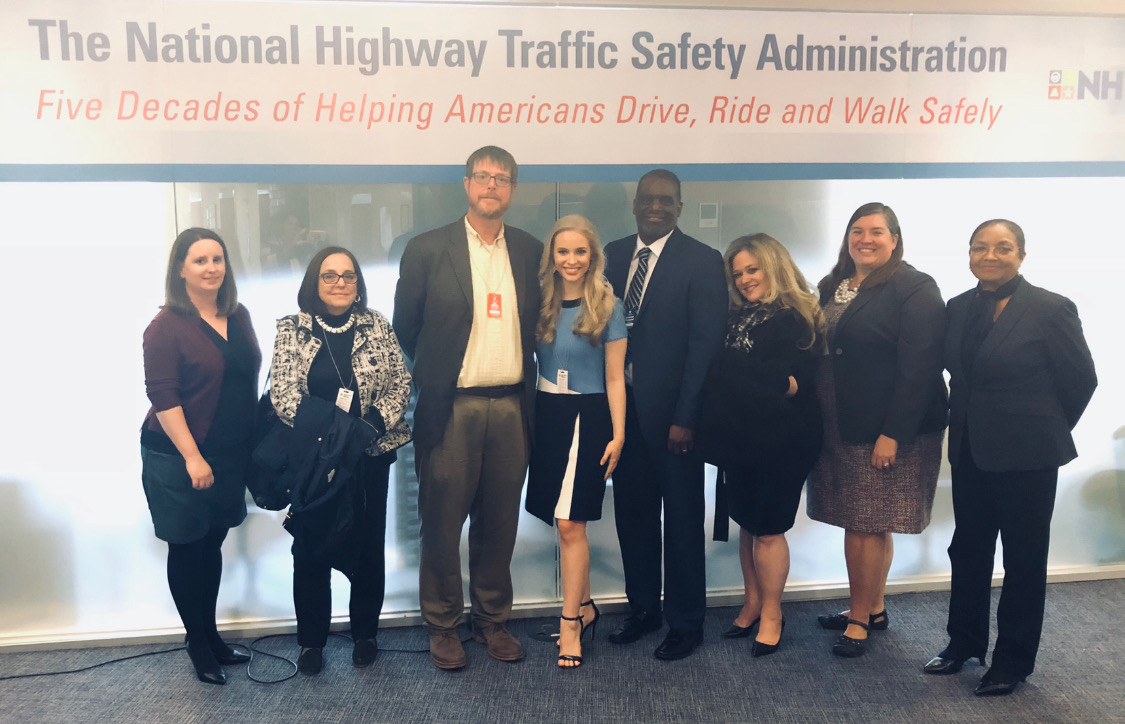
I had the distinct pleasure of joining Miss America’s Outstanding Teen 2019 London Hibbs for a NBC Philly television appearance on her platform #checkyes4life which advances her initiative to advocate for teens to sign up to be an organ donor when they get their driver’s licenses. Since anyone can be in a position to be touched by this topic, whether it be for yourself or a loved one, raising awareness can start a worthy dialogue in families. This is important, since these discussions often get delayed until the moment of the unexpected, catastrophic event which is the most challenging time to have them. (Click here to watch the segment).


Knowing the wishes of loved ones is invaluable and can bring tremendous peace amidst crisis. Turning a tragedy into a life-saving event for others by giving such a special gift has a reverberating effect not only on the recipient and their loved ones or future generations, but also provides much comfort and peace for the donor family. It’s important to introduce the topic, especially since end-of-life issues don't tend to get addressed during an individual's prime (adolescence).
There are many misperceptions that abound in the realm of organ donation, so let’s clarify a few.
It is estimated there are 114,000-plus people on the organ transplant waiting list - with some sources as high as 120,000 (these fluctuate somewhat each year). Last year, roughly 35,000 organ transplants were performed. Though it is a great thing we are extending lives more and more with medical advances, the shortage of organ donors cannot keep up with the demand and people are still dying in the meantime.
Due to this lack, expansion of donor eligibility is a rising focus. Previously, only young people without health conditions who died suddenly due to head trauma, for example, were considered the most ideal and others were often passed up. Now, all different ages and those with certain conditions can still donate - the decision is based on medical criteria at the time of death. Doctors make that choice based on very rigid standards. Those under 18 years of age can be donors (and in many states can register), but that can be ultimately at the discretion of their parents or families at time of death. Remember as well, adults aren’t the only ones in need of organs. Young children and teens also can be in need of a transplant.
Another frequent myth is the refrain “once I check off organ donor they won’t do everything for me in an emergency.” This is not the case. Your medical and health professional team are focused and committed to providing you the absolute best care possible and saving your life - not anyone else’s. They took an oath and honor that sincerely. In addition, the organ procurement team is different from your treatment team and discussions surrounding the topic don’t take place till after all resuscitative efforts are exhausted.
Here are some links to answer common questions regarding your ability to donate and what that actually entails:
Review these pieces to learn about the many innovations, trends and issues in transplant medicine:
-
Woman Donates Her Heart And Lives To Tell About It! Now, THAT Is Innovation.
-
Is Paying A Salary To Living Donors Just Putting A Price Tag On Organs?
-
Why The World’s First Total Penis And Scrotum Transplant Is A Very Big Deal
-
Would Automatic Organ Donor Status Fly In The United States?
Notes:
As a new member of the Miss America’s Outstanding Teen Board of Directors, I am honored that I have been able to help London facilitate her goals in advocating for her platform. Here we are in Washington, DC recently meeting with interagency leadership from the U.S. Department of Transportation and Health and Human Services to do just that. As the National Teen Spokesperson for Donate Life America and the official National Teen Goodwill Ambassador for Children’s Miracle Network Hospitals, a non-profit organization dedicated to saving and improving the lives of children by raising funds for children’s hospitals, she is quite a force!





